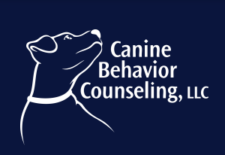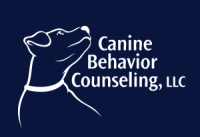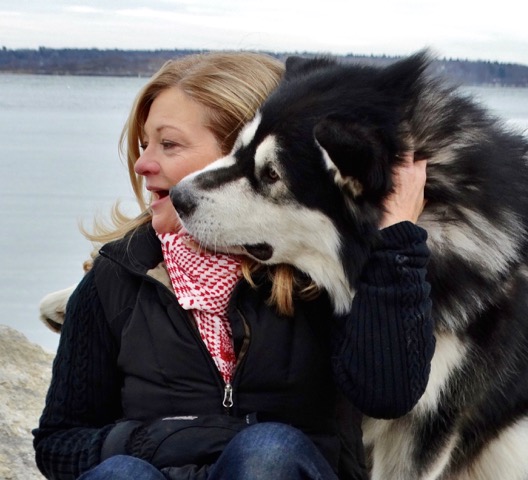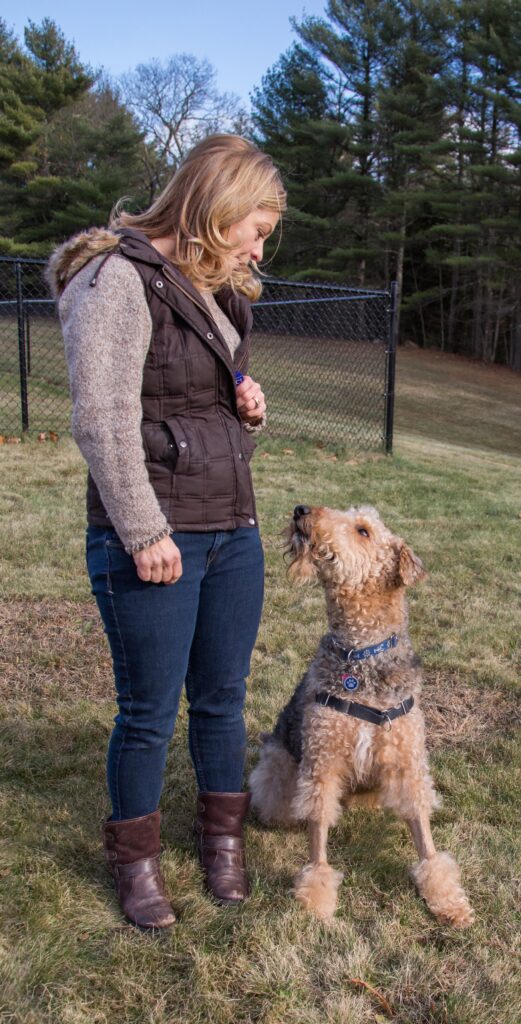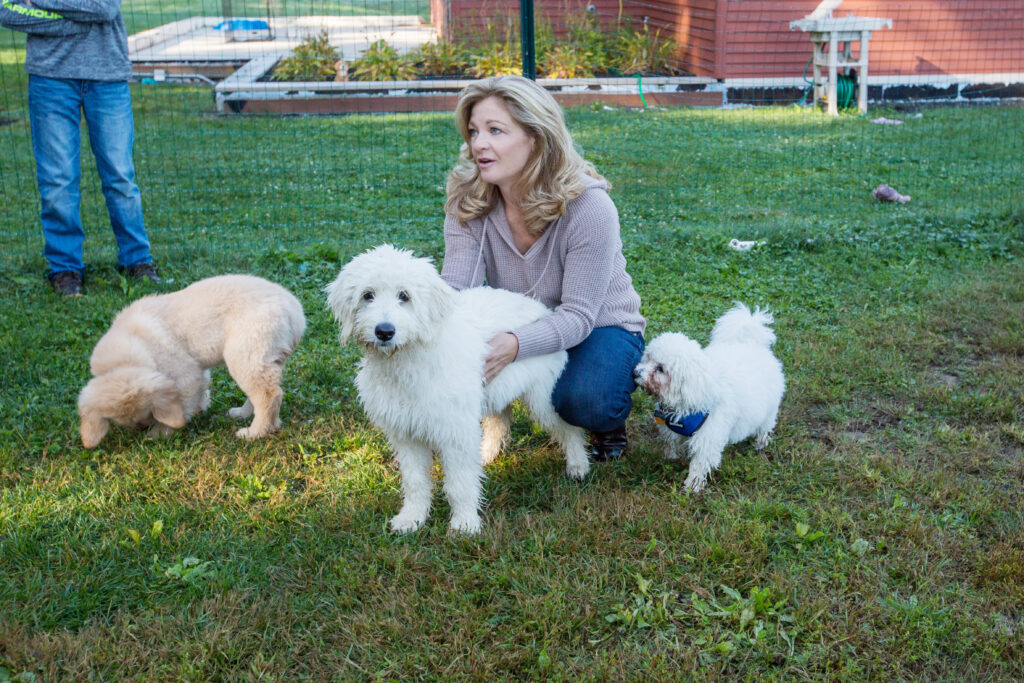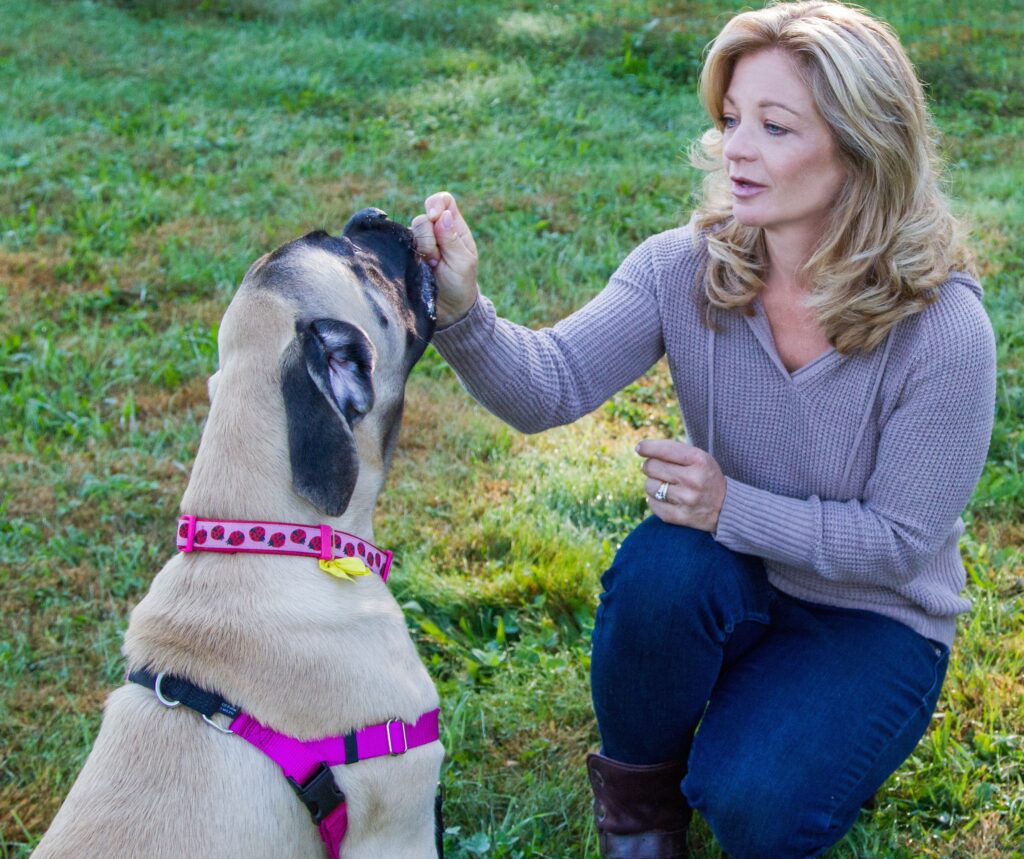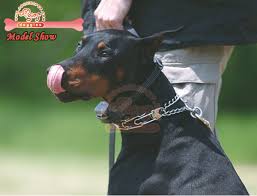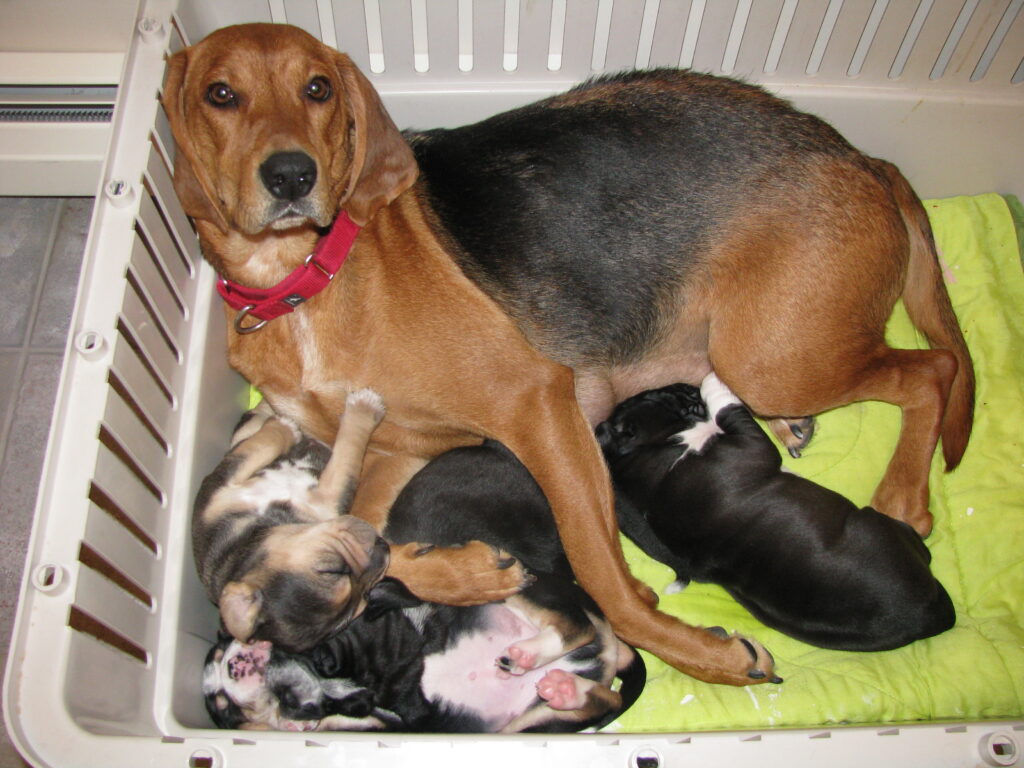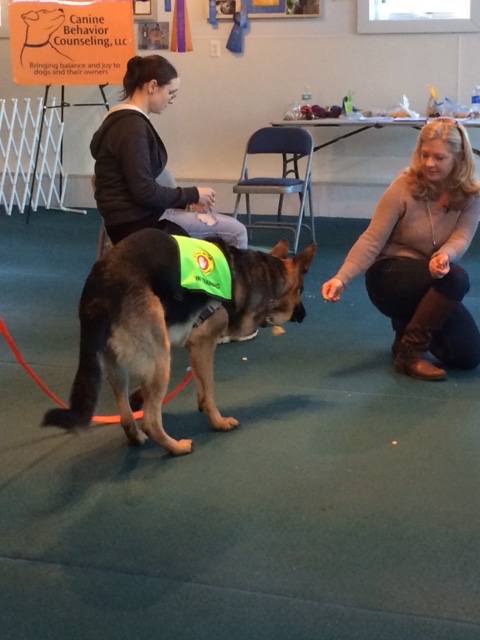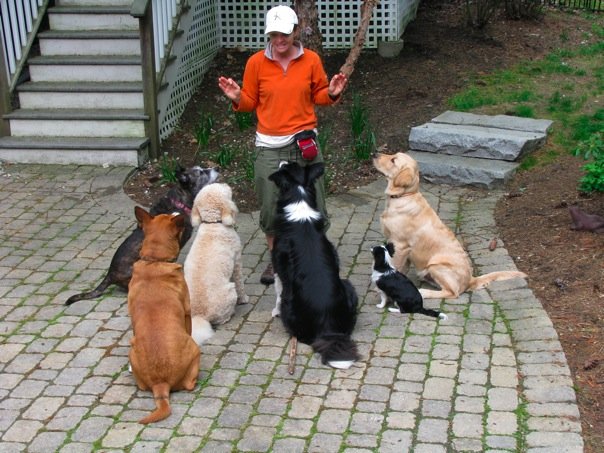Aggression or a Normal Response?
Based on their maturity and tolerance, dogs respond to other dogs behaviors in different ways. Let’s be honest, many of you reading this have disagreed with another person, lost your temper, and became angry in response to someones actions.
Consider: Una, a beautiful long haired German Shepherd, loves to play with dogs and has shown friendly behaviors to all the dogs she has ever met. Until last week. As she was running on the beach with a Sheltie she just met, and all was well until she saw a tennis ball go flying over head. Already on the run, Una bolted after the ball, but was immediately body slammed by a Retriever mix who was in hot pursuit of his beloved tennis ball. Upon crashing into each other, Una snarled at the Retriever mix as a reprimand for causing her a bit of pain, Una is six years old. He did not respond to her reprimand, yet remained running at her hip, Una beat him to the ball and snatched it up.
Aggression or a Normal Response? Read More »
